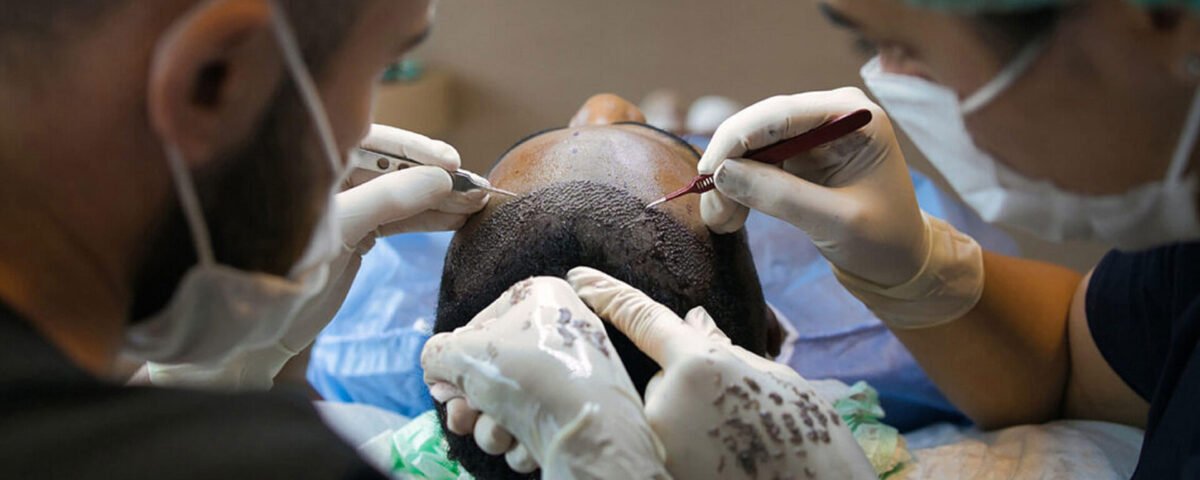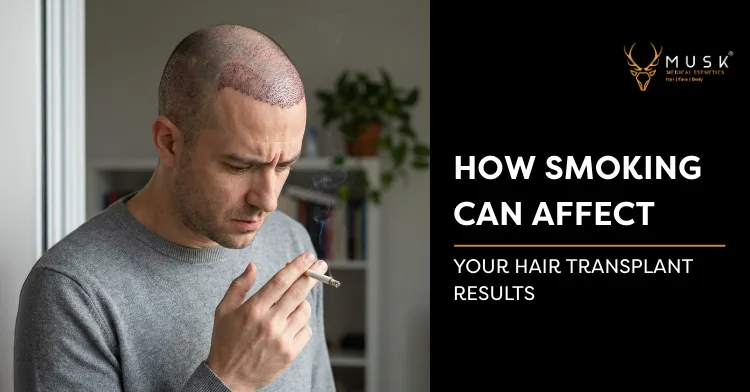Hair Transplants: A Comprehensive Guide for Cancer Survivors

Undeniably, dealing with cancer is not an easy feat. It takes a toll mentally, physically, and emotionally, with side effects spilling over into post-treatment life. One such lingering side effect is hair loss due to chemotherapy, an ordeal most patients find emotionally draining.
In light of this, we present a comprehensive guide to hair transplants for cancer survivors – a solution that can restore not only their mane but also a sense of normalcy in their lives.
Understanding Chemotherapy-Induced Hair Loss
Chemotherapy-induced alopecia (CIA) doesn’t happen to everyone undergoing infusion therapy, its dependent on the patient and the type of chemotherapy drug. Many patients experience hair thinning and hair loss – a distressing reminder of the gruelling battle against the disease.
Hair loss from chemotherapy can affect a patient’s body image and increase the risk of depression. Studies have revealed the psychological implications of CIA, further underscoring the importance of post-treatment solutions such as hair transplants for cancer survivors.
Why does Chemotherapy cause Hair Loss?
Chemotherapy targets rapidly dividing cells not only cancerous cells but also the noncancerous cells, including skin and hair cell.
This cause damage hair foillicles which results in:
- Hair thinning
- Hair loss
- Scalp sensitivity
For some, the patchiness, thinning, and even bald spots are permanent. The chances of developing long-term chemotherapy-induced alopecia are greater following infusions that affect hormones — like docetaxel for breast cancer. While CIA is most noticeable on the head, eyebrows, and eyelashes, but it can impact body hair, such as underarms and pubic hair, as well.
When Does Hair Grow Back After Chemotherapy?
Every patient’s situation is unique, but regrowth after chemotherapy typically begins within several weeks of the treatment ending. “Fortunately, most of the time hair loss from chemotherapy is temporary. Even so, it may not be noticeable right away. “Usually this patient population can expect to regrow their hair in three to six months after treatment ends, though the hair might grow back differently. Some of the most common characteristics of post-chemotherapy hair changes include:
- Thinner hair
- Decreased amount of hair
- Varying growth rates
- Patchy or bald spots
- Texture changes
- Colour variations (often greying)
However, for some patients, hair loss may be permanent. A hair transplant can be a viable solution for those struggling with permanent hair loss post-chemotherapy.
Evaluating Candidacy for Hair Transplant
Only some people are perfect candidates for hair transplants. Factors such as
- scalp health,
- existing medical conditions,
- extent of hair loss
Plays a critical role in determining suitability. A thorough evaluation by a reputable hair transplant professional is necessary before considering the procedure.
Caring for Cancer Survivors’ Hair Post Hair Transplants
Once you’ve understood the procedure and the eligibility criteria, the next concern is how to take care of the transplanted hair, especially after undergoing rigorous chemotherapy treatments.
Proper hair care post-transplantation is essential for the success of the procedure. This includes gentle washing, avoiding harsh hair treatments or styling methods, and feeding your body with a nutritious diet to foster hair growth. Regular follow-ups with your doctor are also vital to monitor the progress of the transplant.
Keeping The Focus Away From Cancer
Cancer tends to monopolise the focus of a patient’s life, often making it difficult to think of anything beyond the disease. Hair loss can act as an unwelcome, constant reminder of the battle so the question arises – how do I keep my mind off cancer?
Regaining control over one’s appearance through procedures like hair transplants can be a step towards shifting the focus. Along with restoring hair, adopting healthy lifestyle changes, seeking emotional support, and engaging in positive distractions can help survivors regain normalcy in their lives.
Regaining control over one’s appearance through procedures like hair transplants can be a step towards shifting the focus. Along with restoring hair, adopting healthy lifestyle changes, seeking emotional support, and engaging in positive distractions can help survivors regain normalcy in their lives.
While the journey of hair transplants for cancer survivors isn’t easy, the end result is certainly rewarding. As always, professional medical advice should guide any decisions associated with your health.
In the grand scheme of things, remember: cancer is just a chapter in your life, not the whole story. Stay empowered, resilient, and remember, every new hair growth is a symbol of your strength, courage, and victory over cancer.
Musk Clinic – Helping Cancer Survivors Regrow Hair
Musk Clinic is a premier hair transplant clinic located in Ahmedabad, helping many individuals regain confidence and a natural look through advanced hair transplant procedures. Especially for cancer survivors, the clinic offers an encouraging road towards normalcy after the taxing journey of chemotherapy.
Personalized Hair Transplant Solutions
At Musk, we understand that every cancer survivor has a unique journey and needs. Hence, our specialist team is dedicated to providing personalised recommendations for each patient depending on the extent of hair loss, scalp condition and individual health conditions.
Care for Cancer Survivors
We are particularly considerate to the needs of cancer survivors, as they might have sensitive scalps or specific health considerations due to their treatment history. The FUE technique is deemed safe and suitable as it does not involve any significant cuts or stitches.
Post-transplant Care
Our relationship with patients continues well beyond the procedure. We offer vital follow-up care to monitor the transplant’s progress and the scalp’s overall health. We also provide guidance on proper hair care and grooming for the newly transplanted hair to ensure longlasting results.
Dr. Anand Shah: A Master in Maxillofacial & Craniofacial Surgery and Hair Restoration
Dr Anand Shah is synonymous with perfection and excellence in the field of Maxillofacial and craniofacial surgery and hair restoration, earning him distinct recognition internationally and nationally. A board-certified surgeon, he has dedicated most of his illustrious career to the intricate details of facial cosmetic and hair restoration surgery, demonstrating a perfect blend of artistic skill and surgical precision. In cosmetic surgery and hair restoration, Dr. Anand Shah stands as a distinctive pillar, admired, respected and recognized for his profound dedication and contributions. His relentless pursuit of excellence has not only set higher benchmarks in the medical field but has also brought a profound impact on numerous lives.
This blog aims to be informative and to provide clear and concise information. It does not substitute professional medical advice, diagnosis, or treatment, and should not be used as a guide for making decisions about your health. Always consult a physician or other qualified health provider with any questions you may have regarding a medical condition.











